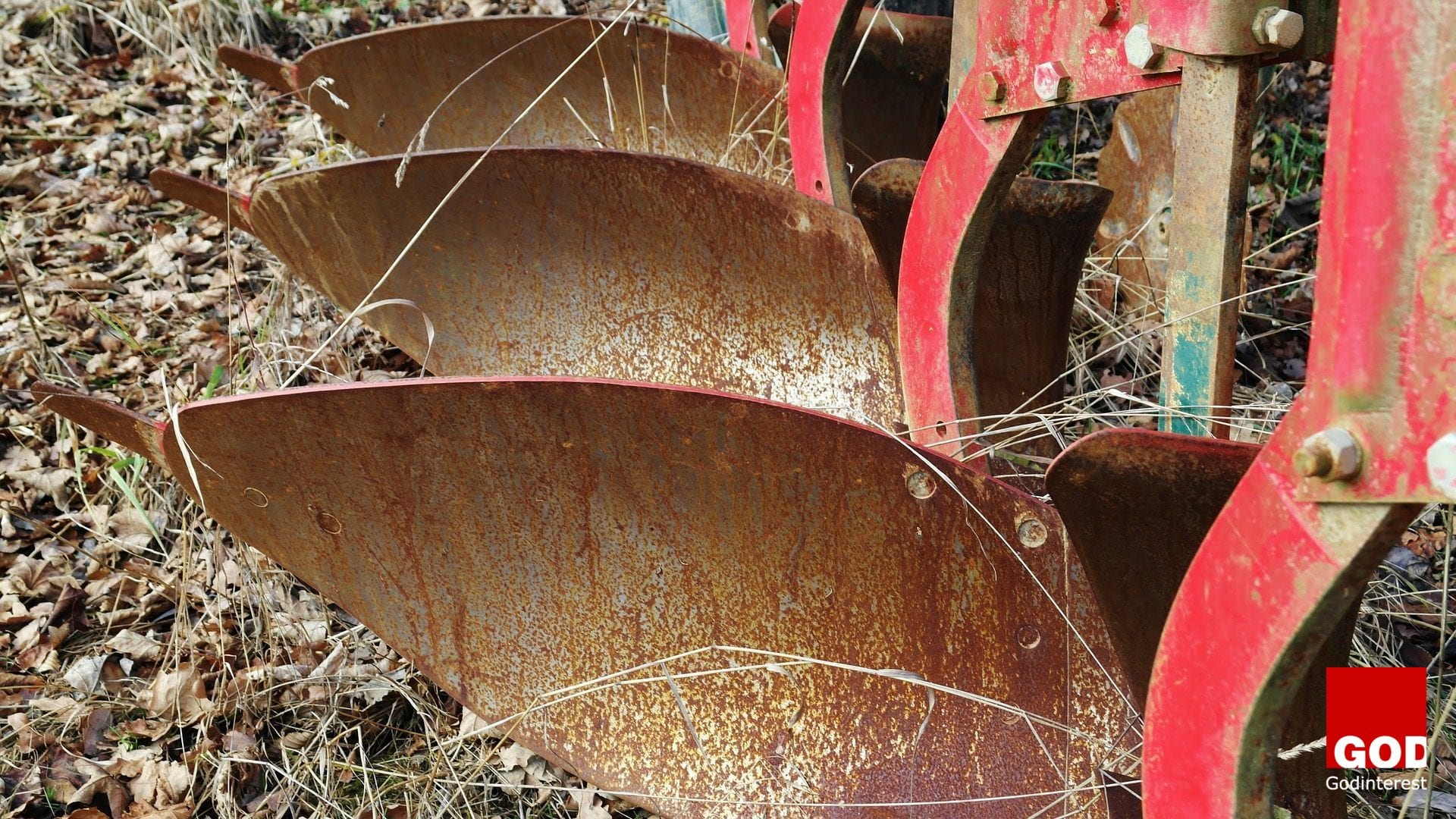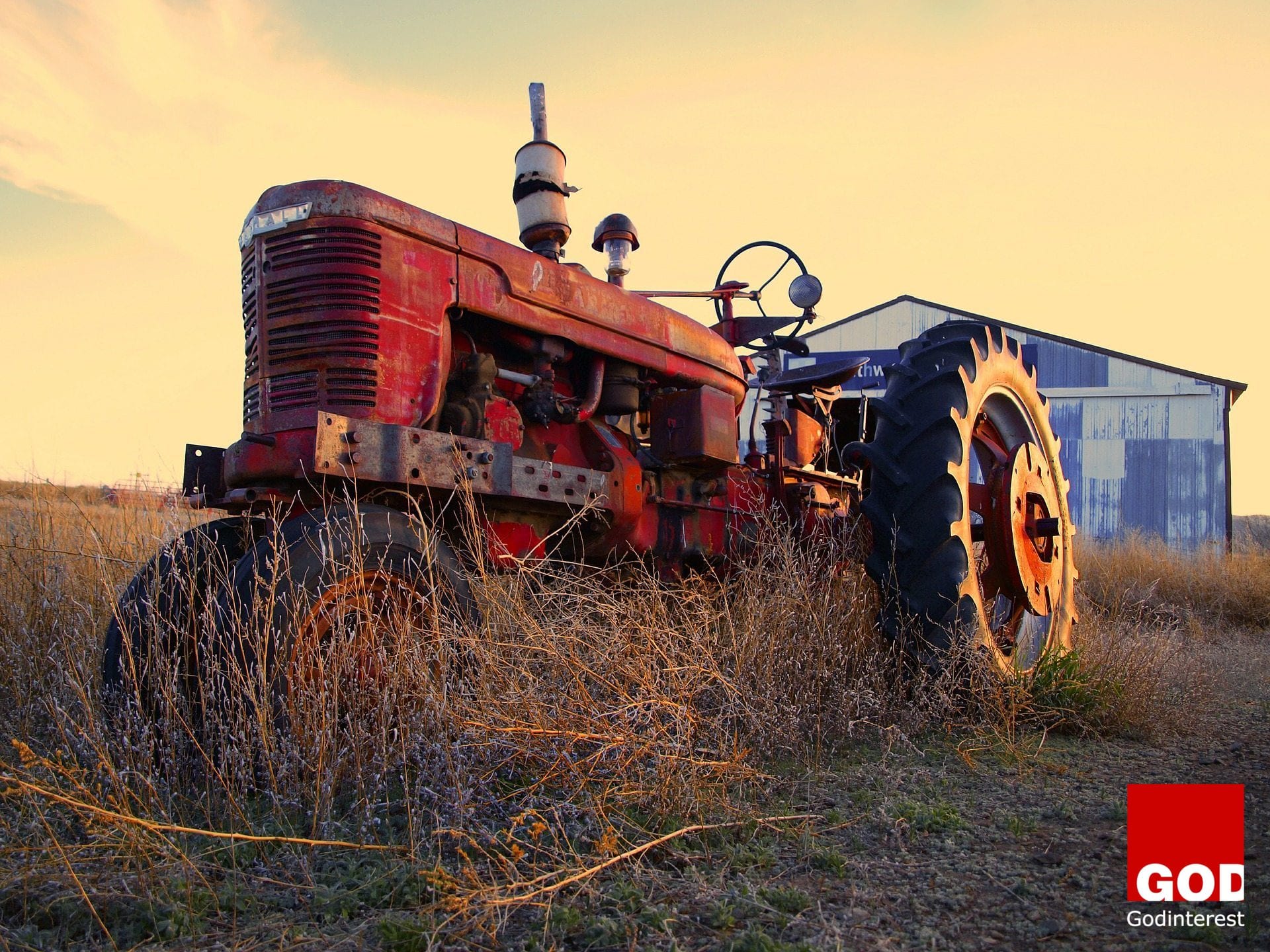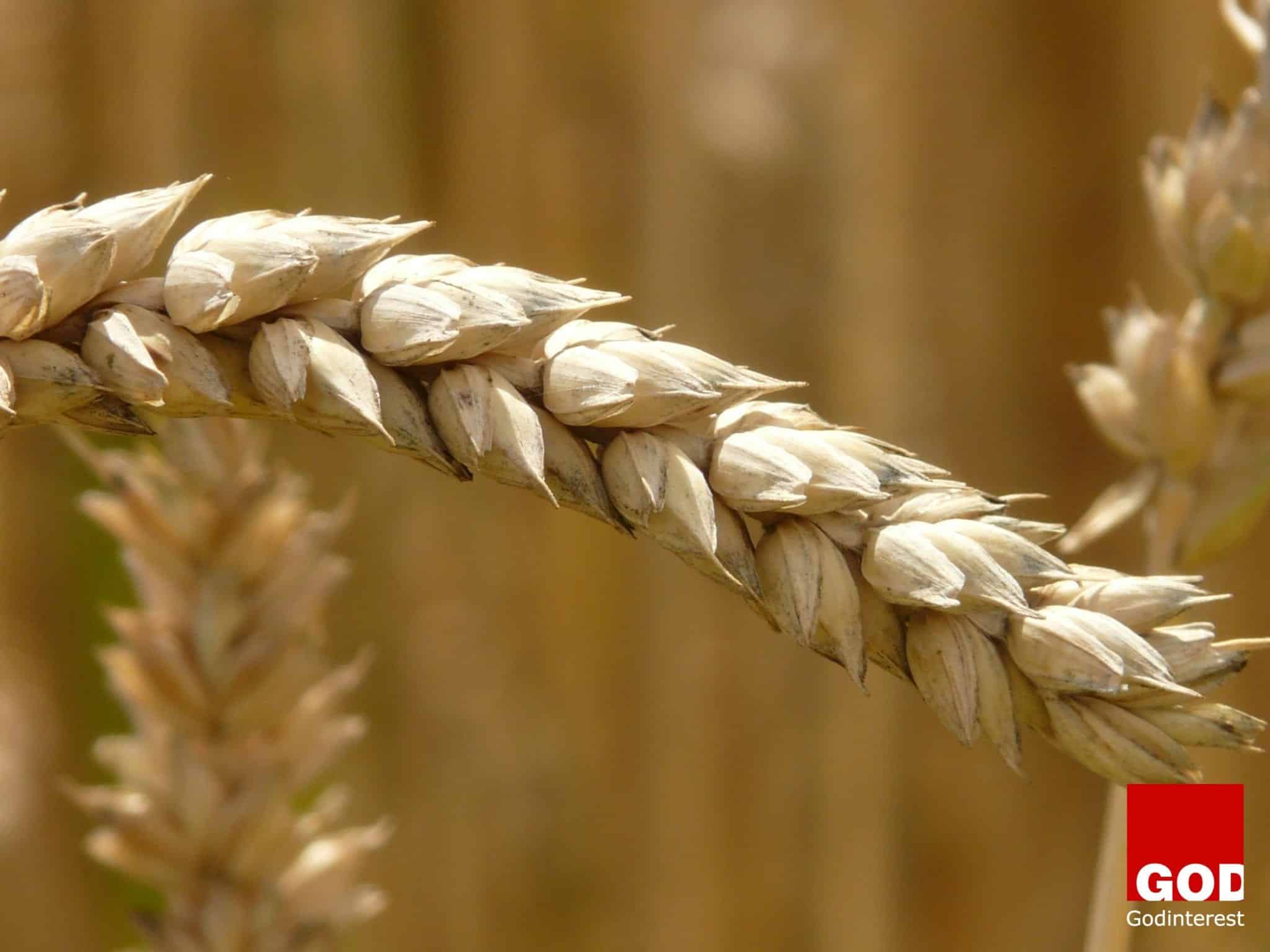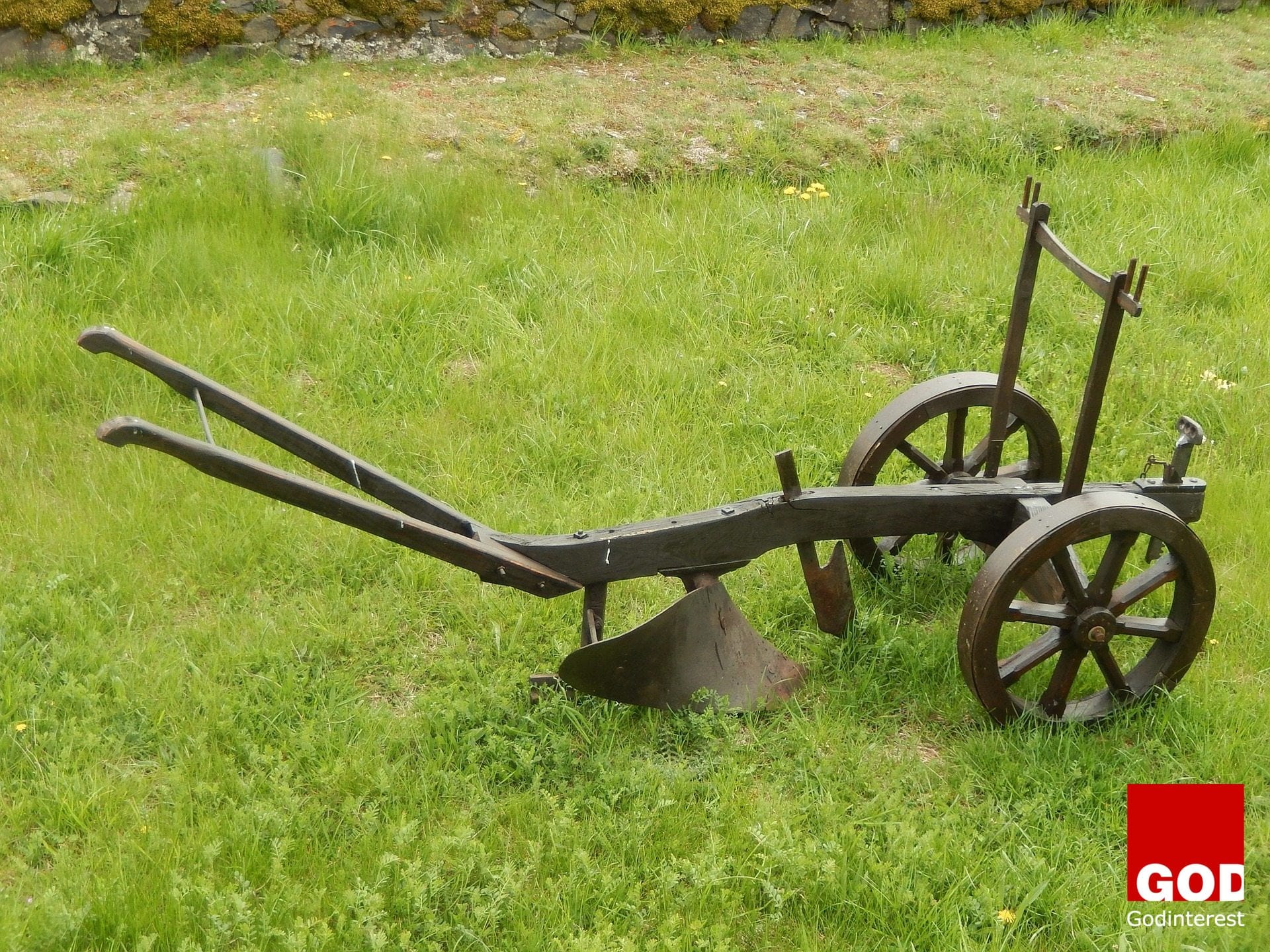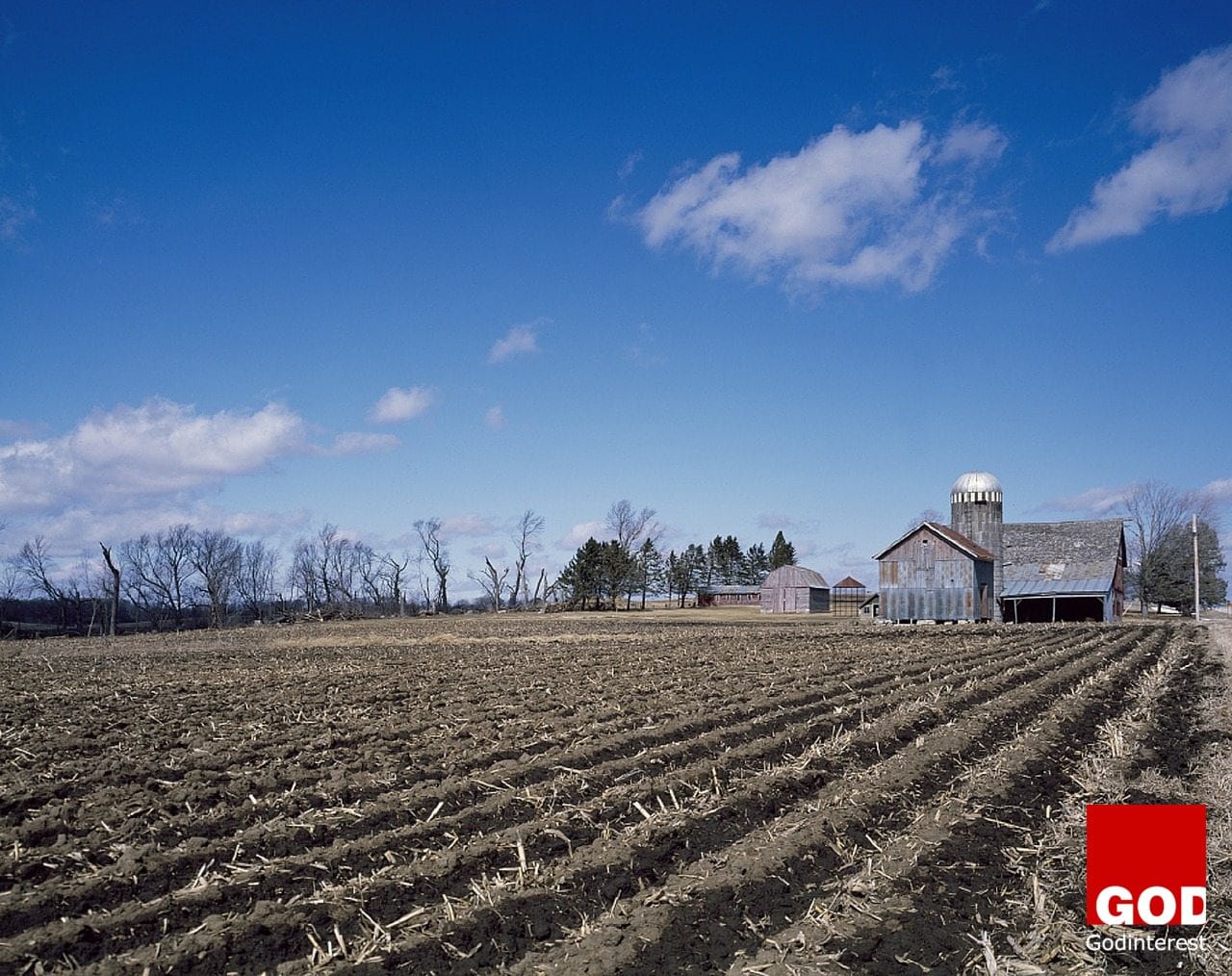In this new year God has placed dreams and desires in our hearts. However there is always a season of waiting involved. You could be waiting for a relationship to improve, waiting on marriage, waiting for a job, or waiting to overcome an illness. A high percentage of life is spent waiting. However, there’s a right way and a wrong way to wait. When things don’t happen in our time, we get down, discouraged or anxious. This is because we’re not waiting right.
Today’s verse doesn’t say if you wait, it says as you wait. Suggesting we’re all going to wait, like a farmer waits patiently and eagerly for season change. They don’t sit around discouraged, no they are hopeful, positive and full of expectancy!
Today, in the first month of 2021 what are you waiting for? Hold on with expectation and things will change. This could be the day, month or year that God turns it all around. As you wait with patience and expectancy for your season to change, you’ll open the door for God to move. He’ll fight your battles, and you will experience the abundant harvest He’s promised in every area of your life!
“Dear brothers and sisters, be patient as you wait for the Lord’s return. Consider the farmers who patiently wait for the rains in the fall and in the spring. They eagerly look for the valuable harvest to ripen.” (James 5:7, NLT)
Let’s Pray
Yahweh, thank You for this new year, I wait with expectancy for Your answers to my prayers. Father, I trust that You are working in my life even when I can’t see You. God, at the beginning of 2021 I put my trust and hope in You, knowing that You have good things in store for my future, in Christ’s Name! Amen.



